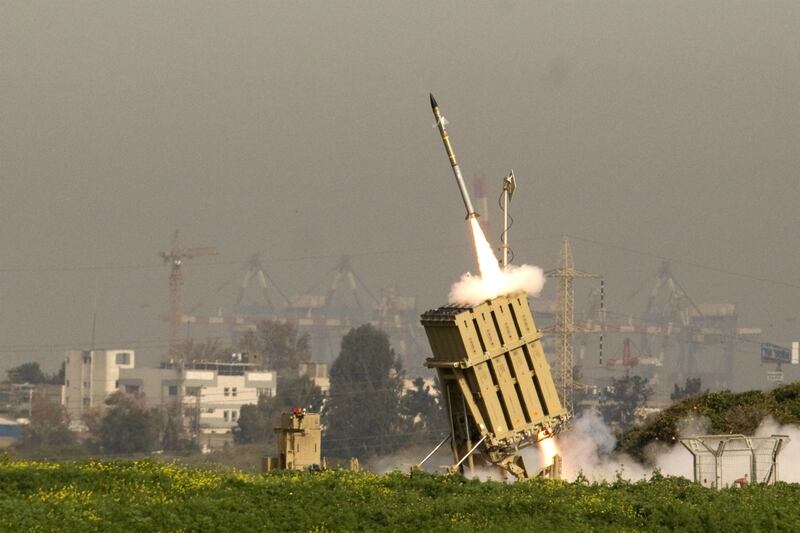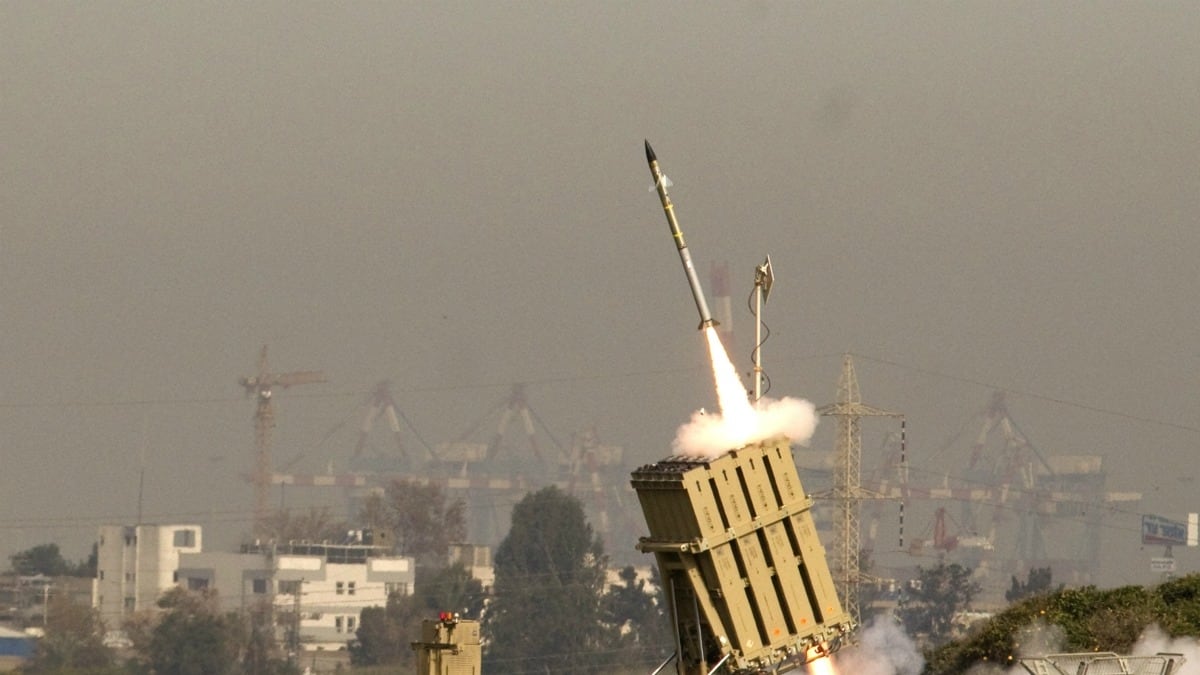In a recent interview, Jewish Home leader Naftali Bennett said, “I think, generally, we need to free ourselves from [U.S. military aid].” He implied that perhaps at one time this assistance was necessary, but added that “our situation today is very different from what it was 20 and 30 years ago. Israel is much stronger, much wealthier, and we need to be independent.” On the other side, American politicians like Rand Paul argue that in the face of the crushing U.S. debt, foreign aid to Israel needs to be cut.
Some drawing down of American military support is probably healthy, but for practical reasons—not the ideological reasons Bennett and Paul propose. These politicians want to reduce the ties between the two countries on the basis of two different minority views. Bennett’s goal of extending Israeli sovereignty over the entire Land of Israel is hampered by Washington’s opposition; for him, aid is more a chain than a bond. Paul’s neo-isolationism requires a reduction in close ties to other countries, to avoid being dragged into their affairs.

In theory it shouldn’t be difficult to reduce U.S. military aid to Israel, if policymakers in both countries really wanted to make it happen. After all, Washington provided hundreds of millions of dollars of economic aid from the 1940s, until this assistance was phased out by 2008. But military aid is an important pillar of the Israeli-American relationship, with benefits for both, and powerful actors on each side share that belief.
The Congressional Research Service estimates that since 1949, the U.S. has given Israel about $115 billion in aid. U.S. military assistance has come in different forms. Over the years, chunks have been provided as emergency responses to specific events (like the 1967 and 1973 Wars) or as incentive for positive developments (the 1979 Egypt-Israel peace treaty, the Wye River Memorandum, the 2005 Gaza withdrawal). Regular installments of about $1.8 billion in military assistance began in 1987, and the American defense budget itself provides separate funding for specific programs like Israel’s missile defense systems (the Arrow, Iron Dome), which in fiscal year 2013 stood at $99.8 million.
In 2007, Israel and the U.S. agreed to a ten-year package that started out at $2.5 billion but rose with annual increases to about $3.1 billion for 2013-2018. And in 2008, the U.S. made formal what had long been an informal expectation: a commitment to maintaining Israel’s “qualitative military edge” over its enemies.
There are, of course, many bonds that stretch across between the two, including shared affinities and public support. But at the same time, direct military aid enhances the strategic relationship, which is important for both.
For Israel, U.S. military aid is the most tangible and direct tie between the two countries. For pro-Israel Jewish groups in the U.S. committed to strengthening the Israel-U.S. relationship, then, maintaining that aid is of the highest priority. AIPAC officials have long argued that American aid “has come to represent the immutability of the U.S.-Israel alliance.” AIPAC’s website lists, under “Issues,” “Defense and Homeland Security” at the top, emphasizing the “strategic partnership” and “joint training, programs and research and development.” Under “Foreign Aid,” AIPAC notes that “U.S. security assistance to Israel in the annual foreign aid bill is the most tangible manifestation of American support.”
In the U.S. itself, producers of American military equipment benefit when Israel must purchase items from them. (By some estimates, about 75 percent of Foreign Military Financing provided to Israel must be spent in the U.S.) This means that the Congresspeople in whose districts these companies operate also have motivations to maintain high levels of aid.
American support for the Israeli defense industry also provides Washington with intelligence and the ability to assess technological developments in action, while American interest in learning how effective anti-missile technology can be is important for the American economy and its own military development.
In practical terms, reducing U.S. aid would remove a clear form of Israeli dependence on the United States, which hampers Israeli freedom to maneuver—a primary strategic objective from the time of David Ben-Gurion. While the focus is often on Israel’s shrugging off of U.S. pressure, standing on its own might make Israel act more responsibly when it comes to regional affairs. With less U.S. aid, Israel will be required to work harder for American support in international forums since U.S. largesse couldn’t be taken for granted anymore.
Continued reliance on so much aid is, as Yossi Beilin once put it when he called for an end to economic assistance, unnecessary charity. Israel is a mature state that can stand on its own, and is clearly doing fine without American economic assistance. With U.S. aid making up something like 18-22 percent of the Israeli defense budget, its loss could be a constraint on military development. But Israel’s total defense budget makes up about 6.5 percent of GDP, making the shortfall manageable.
Israel already has a well-developed domestic arms industry, and indeed ranks as one of the major exporters of arms in the world today, selling primarily to Europe and the United States. It has shown it can be creative when it comes to developing its economy and engaging in structural reforms. It did so in the 1980s, when it tamed rampant inflation, and then again in the 1990s and 2000s, when it shifted the economy away from a heavy socialist structure toward a more free market orientation. There’s no reason to think it couldn’t also compensate for a loss of American military aid.
Already in 1995, one proponent of ending U.S. aid to Israel argued that cutting off economic assistance would help reduce fighting over resources and open the door to electoral reform in Israel. The phenomenon of small but strong parties playing critical roles in coalition bargaining has gotten worse, while West Bank settlements have increasingly absorbed more government expenditures. Perhaps a smaller pie would force changes in the politics of resource distribution.
There are, then, good reasons for some change in the amount of military assistance Israel receives from the U.S. Ending all aid is not the right path, but some changes can certainly have important effects on the behavior of both countries.






